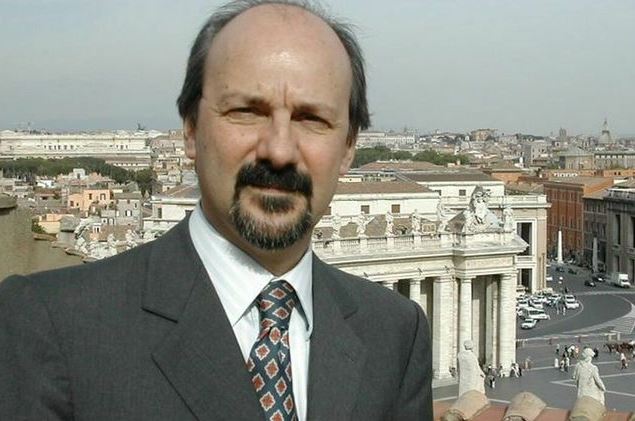After the Court of Auditors, the president of the Pension Orientation Council and the boss of Medef asked for the elimination of the 10% tax reduction for retirees. A measure that would spare the most modest among them.
© Milko/Getty Images
– The removal of the 10% reduction on retirement pensions would bring 4.5 billion euros to the State.
-
To safeguard
Saved
Receive alerts Income tax
The retirees certainly thought they had escaped the worst with the revaluation of their pension of 2.2% in 2025. An increase much higher than that of 0.8% planned in the Social Security budget, rejected after censorship by Michel Barnier’s government. But they could still suffer from the savings measures soon presented in the budget for 2025. Because if their pension has therefore increased in line with inflation this year, it cannot be ruled out that their income tax goes up also.
The voices are indeed multiplying for a suppression oftax deduction of 10% from which retirees benefit when calculating their income tax. On October 14, the Council for Compulsory Deductions (CPO), an institution placed under the Court of Auditors, recommended “delete or better target” this tax advantage from which 14.84 million households benefit, at a cost of 4.54 billion euros in 2024. A mechanism granted “without this being justified by the economic and social situation of the beneficiaries”then pointed out the CPO in its report to “Enhancing the equality of citizens regarding income taxation”.
Because if workers also benefit from a 10% reduction on their income, this tax exemption is granted to them for their professional expenses, which is not the case for retirees. This week, these are the president of the Retirement guidance council (COR), Gilbert Cet, then that of Medef, Patrick Martin, who positioned themselves in favor of the end of the tax reduction for retirees. “For a retiree to benefit from a tax break for professional expenses, it’s unnatural, it’s aberrant”thundered on BFMTV the “boss of bosses”, Thursday January 9.
Up to 1,855 euros lost for the wealthiest households
Will Bercy, which is currently receiving the various leaders of the political parties with a view to drawing up the 2025 budget, follow these recommendations? Nothing has been decided at the moment. One certainty, however: the removal of the tax allowance for retirees would be very expensive. “For a couple of two people receiving a combined pension of 3,425 euros per month, the reduction is saturated and the effect on the net tax due is 453 euros per year”calculated the Council of compulsory deductions in October 2024. A tax saving which results from the application of the marginal tax bracket (TMI) of this couple, of 11%, to the reduction of 10% on their annual income of 41,100 euros (3,425 x 12), in the amount of 4,110 euros.
And if the amount of the reduction stops increasing from 41,230 euros of income, thetax advantage being capped at 4,123 eurosthe tax savings can be much greater, as the taxpayer’s IMR increases. “The advantage on the tax due can reach up to 1,855 euros per year for households located in the highest tax bracket (45%, Editor’s note), in particular when their retirement pension is supplemented by ‘other sources of income’CPO argued.
An average cost of 540 euros with 39,000 euros of annual income
Logically, it is therefore the wealthiest retirees who will pay the heaviest price if the 10% reduction is removed. What is confirmed by study by the French Observatory of Economic Conditions (OFCE), published on January 9, 2025. Its author, Pierre Madec, quantified the impact of this measure by dividing the population of retirees by twentieth standard of living. If the first three twentieths – or up to 17,500 euros of average annual income – would not be affected since they are not taxable, the loss would reach 130 euros for the 7th twentieth (25,500 euros of average annual income), 300 euros for the 10th twentieth (30,000 euros of income), 540 euros for the 14th twentieth (39,000 euros of income), 780 euros for the 18th twentieth (55,000 euros of income) and finally a maximum of 860 euros for the last twentieth, whose members receive on average 95,500 euros per year.
Receive our latest news
Every week, the key articles to accompany your personal finance.











